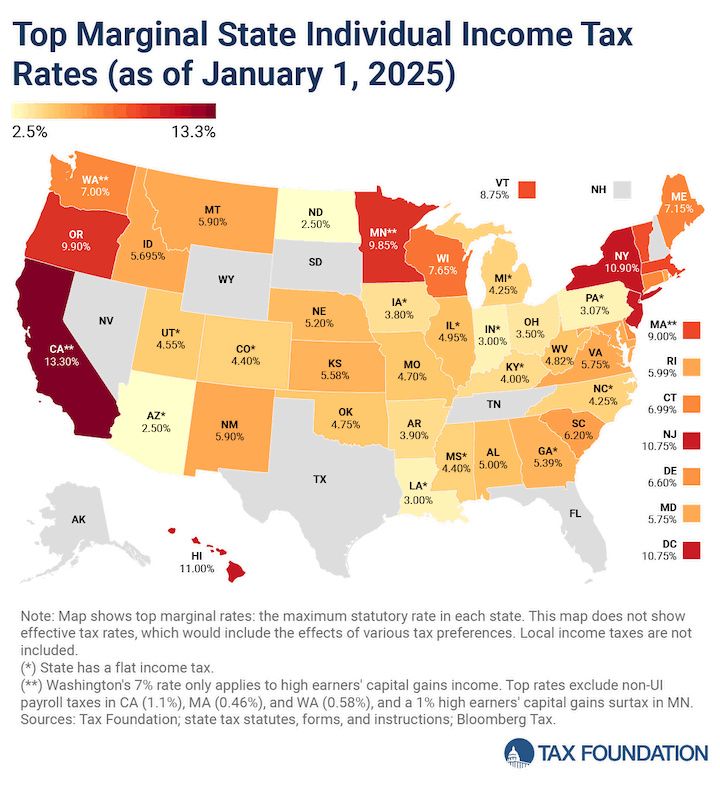A federal appeals court has blocked a “click-to-cancel” subscription rule issued by the Federal Trade Commission during the final months of the Biden administration.
The rule, which was scheduled to take effect next week, aimed to make it easier for consumers to cancel unwanted subscriptions and memberships. Under the rule, businesses would have been required to obtain consent from customers before charging for memberships or auto-renewals. They also would have had to disclose when free trials or promotional offers end and ensure that canceling a recurring subscription is as simple as signing up for one.
The U.S. Court of Appeals for the Eighth Circuit said that the FTC made a procedural error when it established the rule.
A preliminary regulatory analysis is required for rules with an annual impact on the U.S. economy exceeding $100 million, and the FTC had not completed one in this case.
One estimate puts the value of the subscription economy at more than half a trillion dollars this year. It stands to reason that any tweaks to that model would have an impact of at least $100 million.
Will the FTC Accept the Ruling?
The FTC declined to comment on the outcome, but the court’s decision aligns closely with many of the Trump administration’s regulatory policies, which have generally favored granting significant leeway to businesses.
When the rule was first introduced, industry groups pushed back forcefully. The cable industry, home security companies, and advertisers joined forces to challenge it in court, arguing the FTC was trying to “regulate consumer contracts for all companies in all industries and across all sectors of the economy.” Given the strong opposition—and the recent court ruling—the FTC may be unlikely to pursue the matter further.
The Framework for the Rule
The rule was derived from the FTC’s Negative Option Rule and aimed at curbing deceptive recurring billing tactics, including friction-laden opt-out processes, obscure cancellation policies, and automatically renewing subscriptions without explicit consumer consent.
Under the Biden administration, the FTC also undertook a series of enforcement actions under the Restore Online Shoppers’ Confidence Act. This law has been used to pursue organizations accused of extracting unwarranted payments and violating subscribers’ rights.
In 2023, the FTC filed a complaint alleging that Amazon enrolled millions of consumers into its Prime service without their consent and made it intentionally difficult to cancel the service.
The FTC is currently preparing for a trial in the Amazon case, which is expected to take place next year.
Disclaimer: This story is auto-aggregated by a computer program and has not been created or edited by finopulse.
Publisher: Source link








